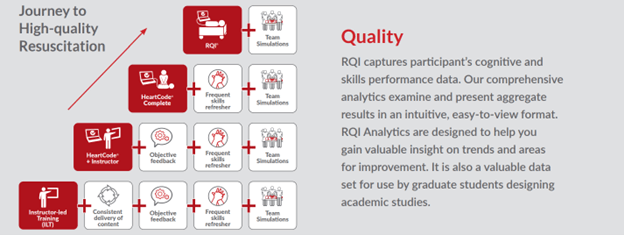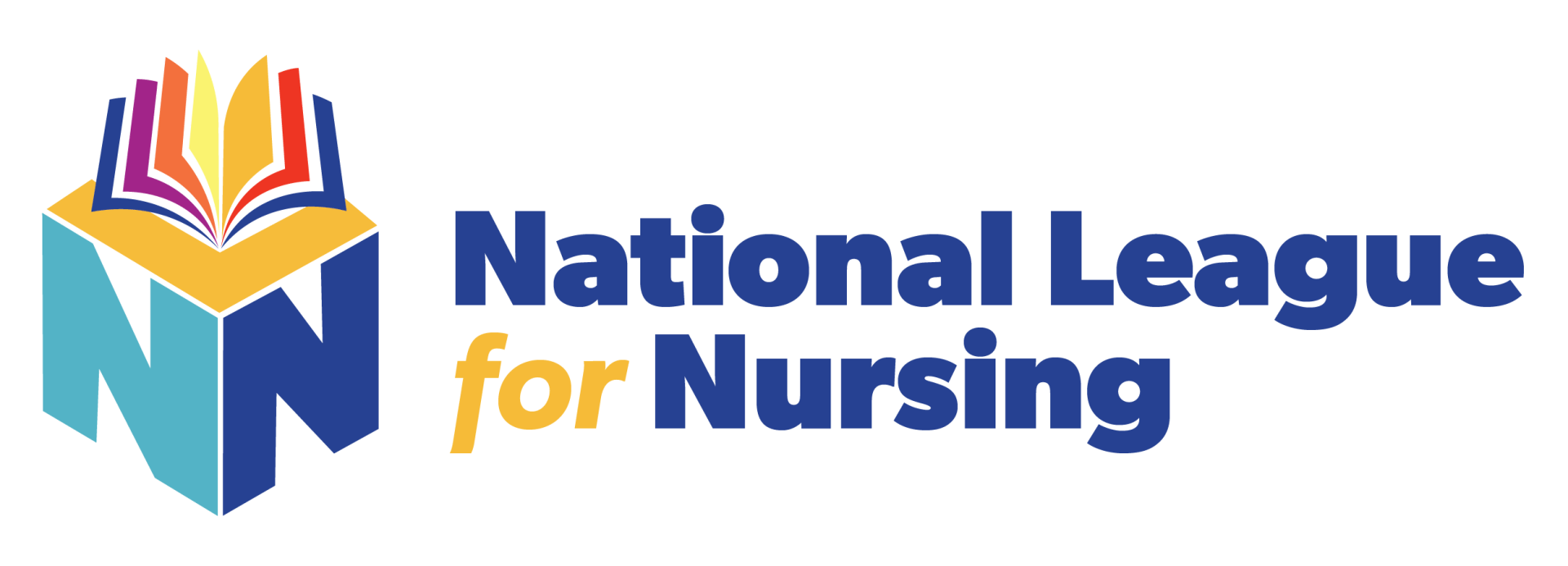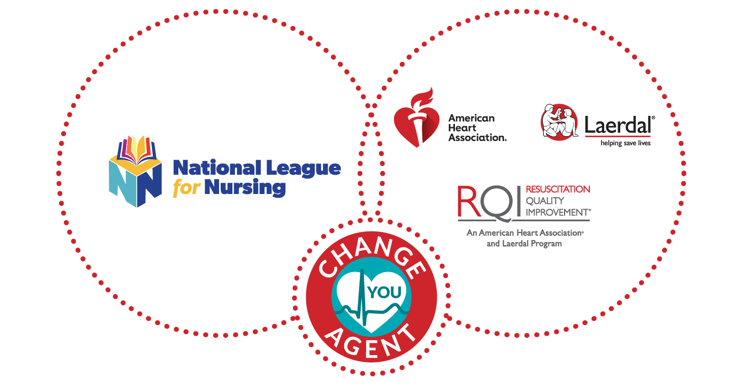Solution
Solution
The Resuscitation Quality Improvement (RQI) for Nursing Education program is a simulation-based, mastery learning program that uses low-dose, high-frequency quarterly learning and skill sessions to achieve and verify competence in lifesaving, high-quality CPR, and to enhance skills confidence and retention. In clinical studies, RQI has been proven to improve the delivery of clinical CPR quality in sudden cardiac arrest events.
The Learner Journey
The RQI 2025 programs include four courses. Completion of each course generates an eCredential for the learner.

Our curriculum cycle is broken into quarterly sessions consisting of eLearning Cognitive Assessment Activities and core skills (course dependent).
Transforming Resuscitation for Life
The Utstein Formula for Survival is widely recognized as a method of predicting survival from sudden cardiac arrest. RQI supports each element of the Utstein Formula for Survival with the goal of increasing survival with high-quality, verified CPR competence.


The Resuscitation Quality Improvement (RQI) for Nursing Education program is a simulation-based, mastery learning program that uses low-dose, high-frequency quarterly learning and skill sessions to achieve and verify competence in lifesaving, high-quality CPR, and to enhance skills confidence and retention. In clinical studies, RQI has been proven to improve the delivery of clinical CPR quality in sudden cardiac arrest events.
The Learner Journey
The RQI 2025 programs include four courses. Completion of each course generates an eCredential for the learner.

Our curriculum cycle is broken into quarterly sessions consisting of eLearning Cognitive Assessment Activities and core skills (course dependent).
Transforming Resuscitation for Life
The Utstein Formula for Survival is widely recognized as a method of predicting survival from sudden cardiac arrest. RQI supports each element of the Utstein Formula for Survival with the goal of increasing survival with high-quality, verified CPR competence.


The Resuscitation Quality Improvement (RQI) for Nursing Education program is a simulation-based, mastery learning program that uses low-dose, high-frequency quarterly learning and skill sessions to achieve and verify competence in lifesaving, high-quality CPR, and to enhance skills confidence and retention. In clinical studies, RQI has been proven to improve the delivery of clinical CPR quality in sudden cardiac arrest events.
The Learner Journey
The RQI 2025 programs include four courses. Completion of each course generates an eCredential for the learner.

Our curriculum cycle is broken into quarterly sessions consisting of eLearning Cognitive Assessment Activities and core skills (course dependent).
Transforming Resuscitation for Life
The Utstein Formula for Survival is widely recognized as a method of predicting survival from sudden cardiac arrest. RQI supports each element of the Utstein Formula for Survival with the goal of increasing survival with high-quality, verified CPR competence.


Why RQI®?
The American Heart Association and Laerdal Medical formed RQI® Partners as their service provider for RQI®, HeartCode, and other quality improvement solutions. RQI® is focused on delivery innovative resuscitation solutions that support our vision to eliminate preventable and unexpected cardiac arrest deaths.
RQI® is a proven resuscitation quality improvement program currently used by more than 1 million health care professionals nationwide and outside the U.S. The program’s courses measure and verify competence through self-directed, competence-based, simulation mastery learning and performance provided through cognitive and hands-on CPR quality improvement sessions. Rooted in the True Adaptive™ learning design, which leverages artificial intelligence, courses afford personalized instruction tailored to and driven by individual needs, knowledge levels, actions, and performance.
It is estimated that more than 150,000 students graduate each year from nursing programs at U.S. colleges and universities. Adopting Resuscitation Quality Improvement® (RQI®) is a proven way of helping your nursing program to better prepare future nursing professionals to respond to cardiac arrest events competently and confidently—leading to an increase in survival rates!
Why RQI®?
The American Heart Association and Laerdal Medical formed RQI® Partners as their service provider for RQI®, HeartCode, and other quality improvement solutions. RQI® is focused on delivery innovative resuscitation solutions that support our vision to eliminate preventable and unexpected cardiac arrest deaths.
RQI® is a proven resuscitation quality improvement program currently used by more than 1 million health care professionals nationwide and outside the U.S. The program’s courses measure and verify competence through self-directed, competence-based, simulation mastery learning and performance provided through cognitive and hands-on CPR quality improvement sessions. Rooted in the True Adaptive™ learning design, which leverages artificial intelligence, courses afford personalized instruction tailored to and driven by individual needs, knowledge levels, actions, and performance.
It is estimated that more than 150,000 students graduate each year from nursing programs at U.S. colleges and universities. Adopting Resuscitation Quality Improvement® (RQI®) is a proven way of helping your nursing program to better prepare future nursing professionals to respond to cardiac arrest events competently and confidently—leading to an increase in survival rates!
Why RQI®?
The American Heart Association and Laerdal Medical formed RQI® Partners as their service provider for RQI®, HeartCode, and other quality improvement solutions. RQI® is focused on delivery innovative resuscitation solutions that support our vision to eliminate preventable and unexpected cardiac arrest deaths.
RQI® is a proven resuscitation quality improvement program currently used by more than 1 million health care professionals nationwide and outside the U.S. The program’s courses measure and verify competence through self-directed, competence-based, simulation mastery learning and performance provided through cognitive and hands-on CPR quality improvement sessions. Rooted in the True Adaptive™ learning design, which leverages artificial intelligence, courses afford personalized instruction tailored to and driven by individual needs, knowledge levels, actions, and performance.
It is estimated that more than 150,000 students graduate each year from nursing programs at U.S. colleges and universities. Adopting Resuscitation Quality Improvement® (RQI®) is a proven way of helping your nursing program to better prepare future nursing professionals to respond to cardiac arrest events competently and confidently—leading to an increase in survival rates!


